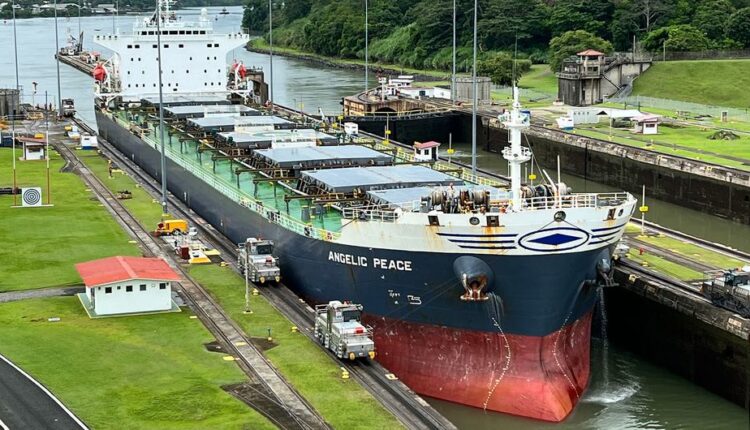The recent United Nations Security Council meeting on August 11, 2025, emphasized the critical importance of maritime security as the backbone of global trade and economic stability. With over 80 percent of global commerce transported via sea and more than 100,000 vessels operating daily, the maritime transport industry plays an indispensable role in sustaining economic development and global security. However, this vast maritime network faces a wide range of complex and escalating threats that could disrupt market balance and national security worldwide.
Strategic Importance and the Role of Seafarers
According to Arsenio Dominguez, Secretary-General of the International Maritime Organization (IMO), approximately 1.9 million seafarers moved over 12.3 billion tonnes of cargo last year, underscoring the vital human element behind global trade continuity. The maritime sector has demonstrated remarkable resilience amid geopolitical tensions, yet complacency in the face of real threats is dangerous.
Traditional and Emerging Maritime Threats
In 2024, nearly 150 incidents of piracy and armed robbery were reported, with Southeast Asia being a hotspot. The Red Sea and Gulf of Aden have also seen attacks amid regional conflicts, posing serious risks to safe navigation.
Beyond physical threats, transnational organized crime—including trafficking of drugs, endangered species, illegal timber, and weapons—has complicated maritime security efforts. Addressing these multifaceted threats requires international cooperation and advanced technology.
On a newer front, digitalization and automation in ports and vessels have created vulnerabilities to cyberattacks targeting critical logistical and navigational systems. Hackers increasingly deploy artificial intelligence to conduct rapid, precise attacks, demanding urgent, coordinated global cybersecurity responses.
International Actions and Cooperation
The IMO has implemented binding regulations for ship and port security and cyber threat mitigation. Cooperation with global entities like INTERPOL and the UN Office on Drugs and Crime (UNODC) enhances information sharing and builds national capacities to counter maritime threats.
A highlighted success story is the Panama Canal, which operates under international treaty-based neutrality. It symbolizes human cooperation and good governance by facilitating global trade while adapting to environmental challenges through advanced water management and climate resilience technologies.
Economic and Strategic Implications of Maritime Threats
Disruptions in maritime routes have far-reaching consequences, from rising commodity prices to shortages of essential materials, demonstrating the global economy’s dependency on secure maritime transport. Consequently, maritime security has evolved into a multifaceted strategic issue encompassing economic, political, and military dimensions.
The Need for Strengthened Security and Forward-Thinking
The Security Council meeting reiterated that maritime security depends on collective effort, multilateral cooperation, adherence to international law, and technological innovation. In an era of complex threats, combining physical security, legal frameworks, and cybersecurity measures is imperative to safeguard this vital economic artery.
Conclusion
Maritime transport is the backbone of the global economy but is increasingly vulnerable to both traditional and emerging threats. Preserving economic stability and global security requires enhanced international cooperation, improved cybersecurity, and environmental sustainability. The Panama Canal exemplifies how rule-based governance and modern technology can secure critical maritime pathways. The future of maritime security hinges on global solidarity and commitment to protecting this essential lifeline.

